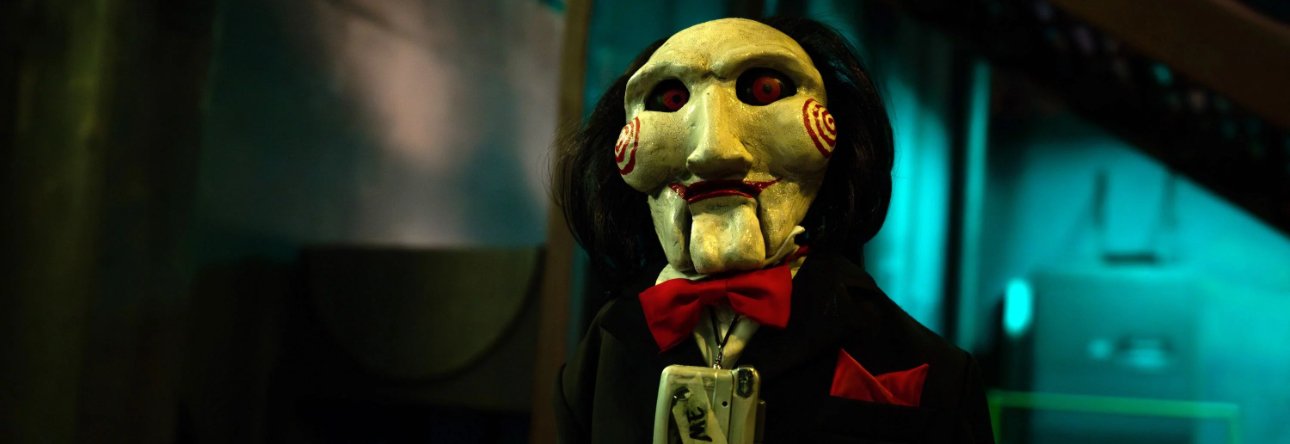Yorgos Lanthimos turned more than a few heads with his 2010 film, the bewildering "Dogtooth." The film, which was about a locked up family living by their own set of language, math and rules, announced the arrival of a new cinematic talent, albeit one that would no doubt be divisively met by critics and audiences alike. Lanthimos felt like a sort of heir to Bunuel's own provocative brand of cinema, which the late great master perfected in the '60s and '70s with "Viridiana," 'The Exterminating Angel," "The Discreet Charm of the Bourgeoisie" and "The Obscure Object of Desire."
To say that Lanthimos was inspired by the surreal iconoclasm of Bunuel's work would be an understatement. You can see it all over his work. However, the moralist approach that Bunuel had in his pictures was all but gone in Lanthimos' films. Instead, a Kubrickian detachment, a total dis-empathy towards character if you will, was what the Greek auteur was looking for. This mixture of Bunuel and Kubrick was never going to be an easy sell; it worked in "Dogtooth" and half-succeeded in "The Lobster," the latter of which was a film that lost the scathing satire of its first hour for a more sentimentally driven approach in its second. It made us realize that, for all his punishingly provoking theatrics, even an iconoclast like Lanthimos could be a softie. Suffice to say, it made me realize that this director was much more succesful at giving us dour, irrepressibly bleak statements than trying to attempt to break our hearts. At this point, Lanthimos was no doubt confused by what his next venture would or should be like. He tried to shock Cannes with "The Killing of A Sacred Deer" a film that so desperately tried to be like Kubrick's "The Shining" but felt too self-important and, for all its attempts at operatic tragedy felt inconsequential and over-the-top. The artistry was there, but we should expect more than just mere B-movie horror from the man that gave us "Dogtooth."
Enter, “The Favourite" the auteur's sixth feature-length film and his first foray into period-drama. This is also the first time Lanthimos ditches Bunuel altogether and goes into full-on Kubrick mode. There's a comic perversity that recalls "Barry Lyndon" but it's not just the dramatics, it's the style as well; the wide lens-ed shots, the natural lighting and the obsessively delivered period details Kubrick was known for are all there.
Set in the early 1700s, "The Favourite" is about a pair of shrewd, ruthless schemers — Rachel Weisz' Sarah Churchill and Emma tone’s Abigail Masham — that compete for favor, and the love, of a powerful, health-stricken-ed and emotionally unbalanced Queen Anne (Olivia Colman). The hijinks of these three dames reaches screwball-heights throughout the film's deliciously delivered 121 minute runtime.
For Lanthimos and his screenwriters, Deborah Davis and Tony McNamara, the women are the smarties and the men are the dummies, the latter with their absurd rouge and insecure wigs masquerading a clear resentment that a woman is at the throne calling the shots. All they can do is just pout and try to scheme their way into having Queen Anne accept their ideas into law. But really, the crux of this magnificently entertaining picture is the battle of wits that Weisz, Stone and Coleman have. The lengths they go to to one-up each other is farcical but delivered with real sharp teeth by Lanthimos and his talented scribes.
Anne is at first smittened by Sarah, who has her own agenda of governance and is, by all accounts, the puppeteer to Queen Anne's puppet, she even resorts to satisfying the Queen's sexual desires to get the laws, she deems necessary for England, passed. However it doesn't take long before Stone's Abigail, a commoner who turns up asking for any kind of job, slowly schemes her way to the top of the castle hierarchy by enduring a few burns and lashes, and earning Sarah’s respect by concocting a plant mixture that helps the Queen's leg infection; in time, Abigail turns out to be the Queen’s de-facto favorite, or is she just using Anne to make Sarah jealous? All three actors brew up a a swirling tornado of brilliance by feeding off of each other's talents, the result is damn-near cathartic.
As mesmerizing as Weisz and Stone might be in their respective roles, the showstopper here is no doubt Coleman, in a performance that achieves its power, in no small manner, by utterly destroying our understanding of what power is supposed to look like. She's melancholic, and angry, roars and hurts, breaks down and weakens. She messes with our senses in her unpredictability, it's a tour-de-force of emotional role-playing.
Despite being set in the 18th century, "The Favourite" feels like the kind of film that could only have been made this decade. Lanthimos has created the kind of darkly-delivered romp we rarely get, if ever, at the movies. A tall-tale about the incalculable strides a person would go to attain power, which culminates with an ambiguously masterful final shot. Robbie Ryan‘s handsome cinematography hints at irreverence and elegance, but Lanthimos delivers a hybrid of what we seek most at the movies — a synchronized mix of tragedy, drama, comedy, and satire. Despite the tropes that come with the period genre, there has been a movie quite like this one. [A]






